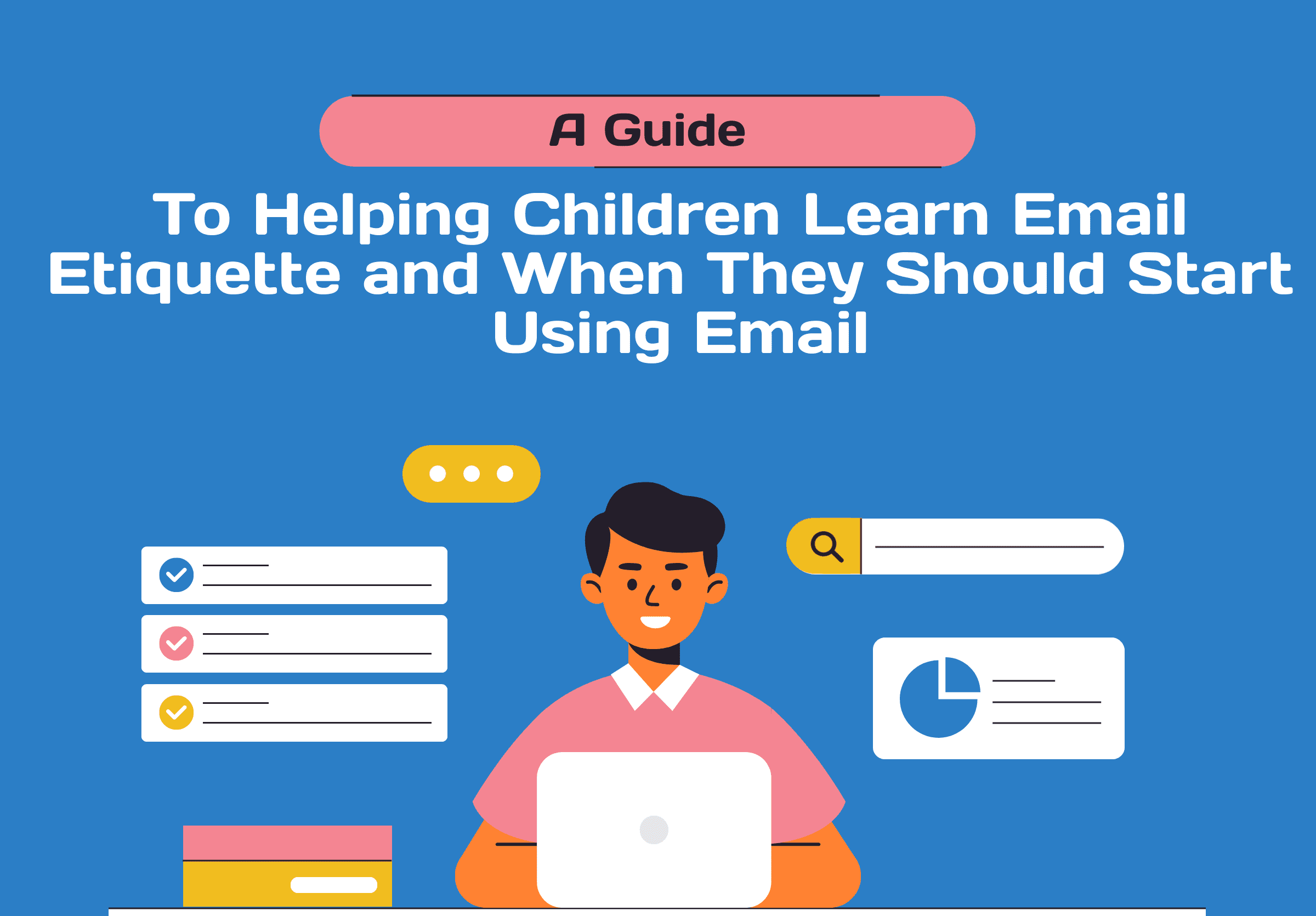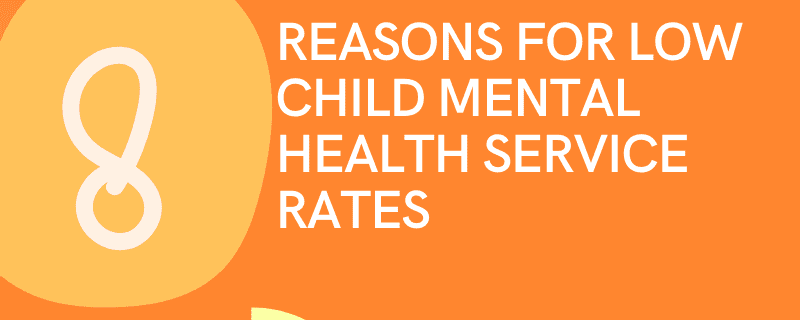
Depression is a mental health disorder that affects millions of people worldwide, including children. According to the Centers for Disease Control and Prevention (CDC), an estimated 4.4 million children in the United States between the ages of 3 and 17 years have diagnosed anxiety or depression. This number has been increasing in recent years, and it is important for parents to be aware of the signs and symptoms of depression in children and to seek help when necessary.
Some of the common signs and symptoms of depression in children include:
- Persistent sadness or hopelessness
- Loss of interest in activities once enjoyed
- Changes in appetite or weight
- Trouble sleeping or sleeping too much
- Lack of energy or fatigue
- Difficulty concentrating or making decisions
- Physical complaints such as headaches or stomachaches
- Thoughts of self-harm or suicide
If parents notice these signs in their children, they should take action immediately. One of the first steps is to talk to their child and encourage them to express their feelings. It is also important to seek professional help from a mental health provider such as a psychologist or psychiatrist.
In addition to seeking professional help, there are other things parents can do to support their children who are experiencing depression:
- Encourage healthy habits such as regular exercise, a balanced diet, and adequate sleep
- Create a supportive and nurturing environment at home
- Help their child build a support network of friends, family, and other trusted adults
- Encourage their child to engage in activities they enjoy
- Educate themselves about depression and its treatment options
- It is also important for parents to take care of their own mental health and seek support when needed. Parenting a child with depression can be challenging, and parents should not hesitate to reach out for help themselves.
In summary, the growing number of children experiencing depression in the U.S. is a concerning trend. Parents can play a critical role in recognizing the signs of depression in their children and seeking help from mental health professionals. By providing a supportive and nurturing environment and encouraging healthy habits, parents can help their children manage their depression and build resilience.
How Parents Can Seek Help
If parents suspect their child may be experiencing depression, there are several steps they can take to seek help:
- Talk to their child: Encourage the child to express their feelings and offer emotional support.
- Consult with a healthcare professional: Consult with the child’s primary care doctor, pediatrician, or a mental health professional, such as a psychologist or psychiatrist.
- Seek mental health services: Consider therapy or counseling with a qualified mental health professional who specializes in treating children with depression.
- Get involved in school: Reach out to the child’s school counselor or mental health services to see what resources are available.
- Look for support groups: Consider joining a support group for parents of children with depression to connect with others going through similar experiences.
Remember, depression is treatable, and seeking help is the first step in supporting a child’s mental health.
Conclusion
In conclusion, the increasing number of children in the U.S. experiencing depression is a concerning trend, and parents play a crucial role in recognizing the signs and seeking help for their children. It is essential for parents to be aware of common signs and symptoms of depression, such as persistent sadness, changes in sleep or appetite, and thoughts of self-harm, and to take immediate action if these signs are observed.
Seeking professional help from mental health providers, such as psychologists or psychiatrists, is a crucial step in addressing childhood depression. Parents should encourage open communication with their children, create a supportive environment at home, and actively participate in their child’s mental health care. Additionally, promoting healthy habits, building a strong support network, and educating themselves about depression and its treatment options contribute to a comprehensive approach in supporting their children.
Parents should not hesitate to take care of their own mental health and seek support when needed. Parenting a child with depression can be challenging, and reaching out for help is essential for both the child and the parents. By taking these steps, parents can contribute to their child’s well-being, help them manage depression, and build resilience for the future. Remember, depression is treatable, and seeking help is the first step in supporting a child’s mental health.



